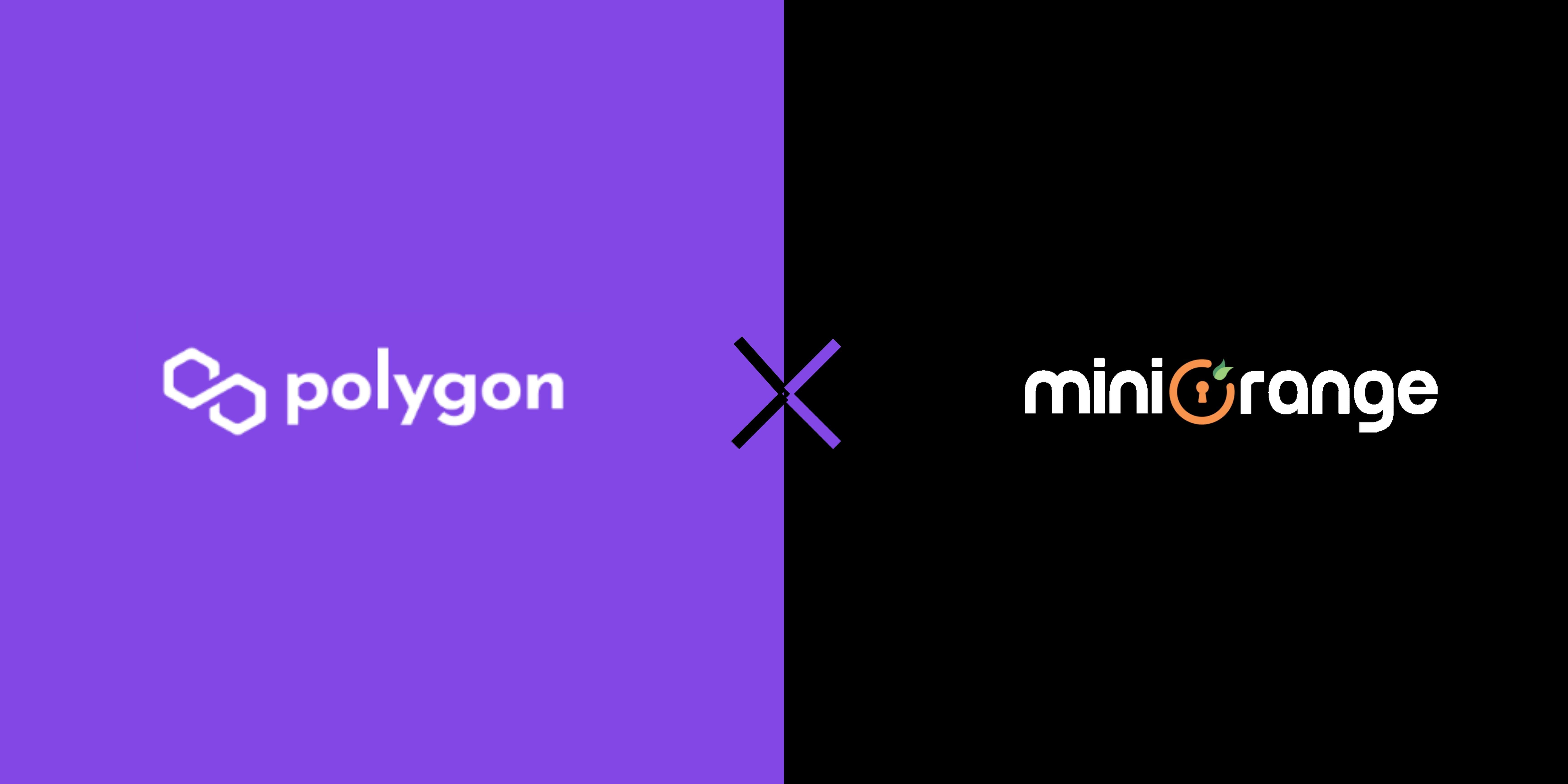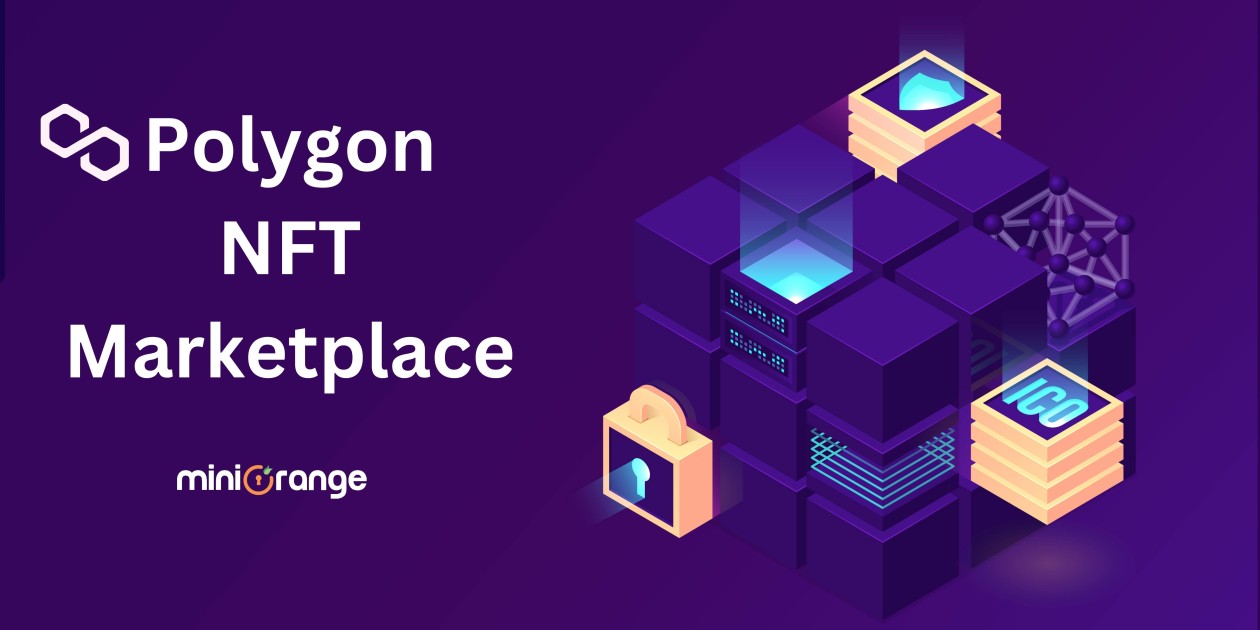Polygon is a layer 2 scaling solution and framework built on top of the Ethereum network. Utilizing a network of connected sidechains, it aims to solve the scalability problems that Ethereum is experiencing. Polygon was formerly known as Matic, which is why its cryptocurrency is called Matic. Polygon is a secondary blockchain that operates alongside the Ethereum network, providing faster and less costly transactions.
Compared to the Ethereum Mainnet, Polygon offers users greater scalability and reduced transaction costs. The Polygon ecosystem's sidechains are built to handle many transactions, relieving pressure on the Ethereum network. This scalability improvement enables faster confirmation times and a more seamless user experience.
Polygon advantages over Ethereum
For Ethereum's network, scalability is a major problem that leads to network congestion and slower transaction processing times. Parallel to Ethereum, Polygon adds a Layer 2 sidechain, transferring a significant number of transactions to it. Polygon significantly improves scalability over Ethereum's network by processing up to 65,000 transactions per second, resulting in faster and more effective transactions.
Another significant challenge for Ethereum is high gas fees. On the Ethereum Mainnet, transaction costs can go through the roof during busy times. Polygon provides a solution by offering a lower fee structure on its sidechain. On Polygon, users can benefit from lower gas costs, making transactions more available and feasible from an economic standpoint for a wider spectrum of customers. This cost reduction broadens the possible use cases for small transactions and the Ethereum ecosystem as a whole.
Additionally, Polygon improves usability by functioning on the Proof of Stake (PoS) consensus chain. Polygon already takes advantage of the advantages of PoS, such as quicker transaction approvals and a more energy-efficient network, while Ethereum is switching to PoS with ETH 2.0.
Polygon NFT Marketplace: Unleashing the Power of NFTs
The Polygon NFT Marketplace provides artists, creators, and collectors a platform to mint, sell, and purchase NFTs on the Polygon network. It offers several benefits that make it an attractive choice for participants in the NFT space.
Scalability and lower transactions fees
In the Polygon NFT marketplace, scalability is one of the main benefits of using Polygon for creating and selling NFT. Compared to the Ethereum Mainnet, Polygon's Layer 2 design offers much higher transaction rates and quicker confirmation times. As a result, artists may quickly mint and sell their NFTs, while collectors can take advantage of a smooth and quick purchasing process. The Polygon network offers much lower transaction fees compared to the Ethereum network. Ethereum's high transaction fees have been a hurdle for many artists and collectors, making it unsuitable for small transactions. Polygon NFT Marketplace offers many artists and creators the opportunity to become part of the NFT ecosystem.
Interoperability and Ethereum Compatibility
Despite operating as a separate blockchain network, Polygon maintains compatibility with Ethereum. This means that NFTs minted and traded on the Polygon NFT Marketplace can be seamlessly bridged to the Ethereum network. Polygon achieves this through its Polygon Bridge, enabling cross-chain interoperability and expanding the potential market for NFTs.
The ability to bridge NFTs to Ethereum also provides increased visibility for artists and creators. Ethereum's established NFT ecosystem, with platforms such as OpenSea, miniOrange NFT Marketplace, and Rarible, offers a broader audience and potential for greater exposure, even if the initial minting and trading took place on Polygon.
Diverse NFT Collections and Use Cases
The Polygon NFT Marketplace hosts a wide array of NFT collections, ranging from digital art and virtual real estate to gaming assets and metaverse properties. This diverse selection of NFTs attracts a broad range of collectors and enthusiasts, catering to different tastes and interests.
Furthermore, Polygon's scalability and cost-efficiency have spurred the development of various NFT-focused dApps and projects on the network. From decentralized art galleries to virtual worlds, the Polygon ecosystem offers a thriving community of NFT enthusiasts and opportunities for collaboration and exploration.
Let’s now look at the Polygon NFT marketplace.
miniOrange Polygon NFT Marketplace

miniOrange NFT Marketplace is a multichain decentralized NFT marketplace that makes it easier for users to discover, explore, create, and sell NFTs across different blockchains. It is designed to give users more freedom and flexibility in engaging with NFTs. The miniOrange customizable community marketplace builder allows you to build an NFT collection on the Polygon network to give creators a new way to engage with their communities.
miniOrange's zero code white label solution allows anyone to create their own NFT Marketplace with customizable royalties and on-brand trading experiences with minimum gas fees. The white-label solution empowers creators to showcase their unique brand identity, which isn't possible with traditional NFT marketplaces. It allows any ERC-721 and ERC-1155 collection owner to build their own customizable NFT marketplace at no cost in just a few minutes.
miniOrange's NFT marketplace provides a platform for deploying your NFT collection polygon and allows you to trade existing NFTs on your own NFT marketplace. With miniOrange, you can unleash your creativity by designing and curating a unique collection of digital assets on the Polygon network. Whether you're an artist, a collector, or an entrepreneur, miniOrange offers the tools and infrastructure necessary to showcase and trade your polygon-based NFTs seamlessly. By using the web3 technology and user-friendly interface of miniOrange, you can effortlessly bring your ideas to people and engage with a vibrant community of NFT enthusiasts.
Conclusion
The Polygon NFT Marketplace has emerged as a prominent player in the NFT market. Its layer 2 solutions on the Ethereum network have solved many of the challenges faced by the blockchain industry, making NFT transactions faster, more cost-effective, and accessible to a wider audience.
As the NFT market continues to evolve and grow, Polygon's robust infrastructure and thriving ecosystem position it as a viable choice for creators and collectors alike. With its user-friendly interface, diverse NFT collections, and lower transaction costs, the Polygon NFT Marketplace has become a go-to platform for many artists, creators, and collectors.
Without a doubt, increasing Ethereum gas prices and the network instability and outages observed on well-known blockchains like Solana have inspired creators and artists to adopt the Polygon NFT marketplace globally. With its current growth trajectory, Polygon is positioned to surpass other blockchains as the preferred choice for many aspiring NFT collections.
